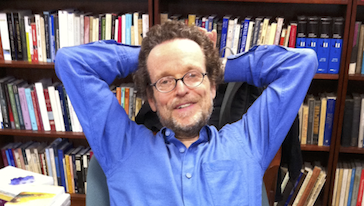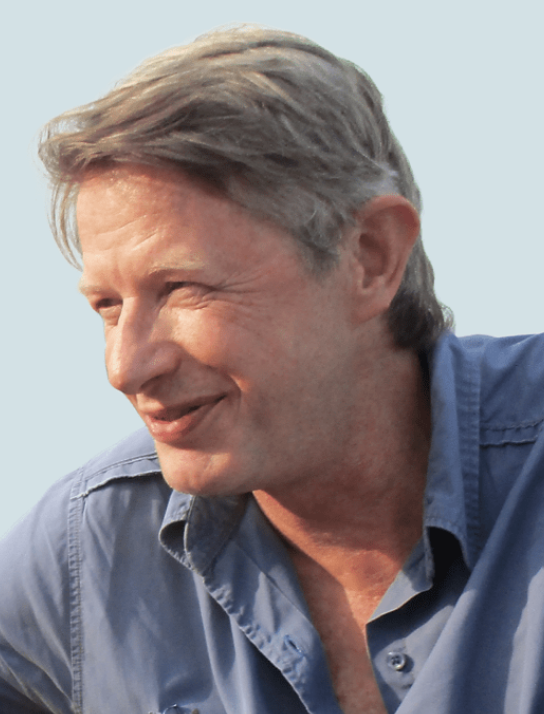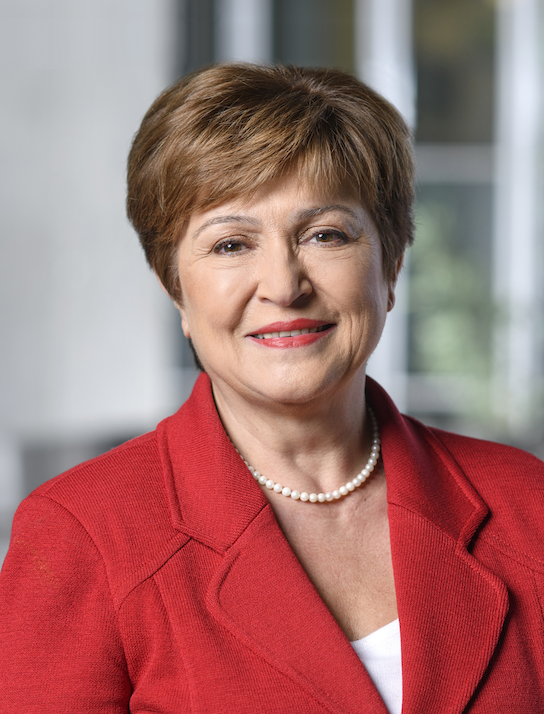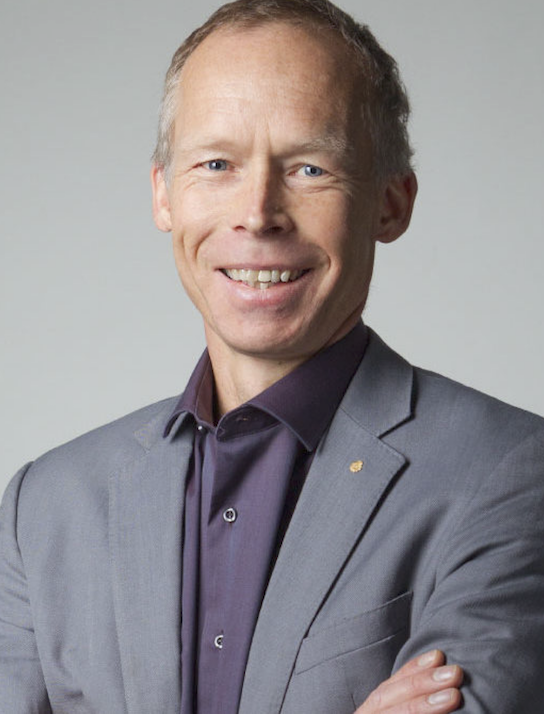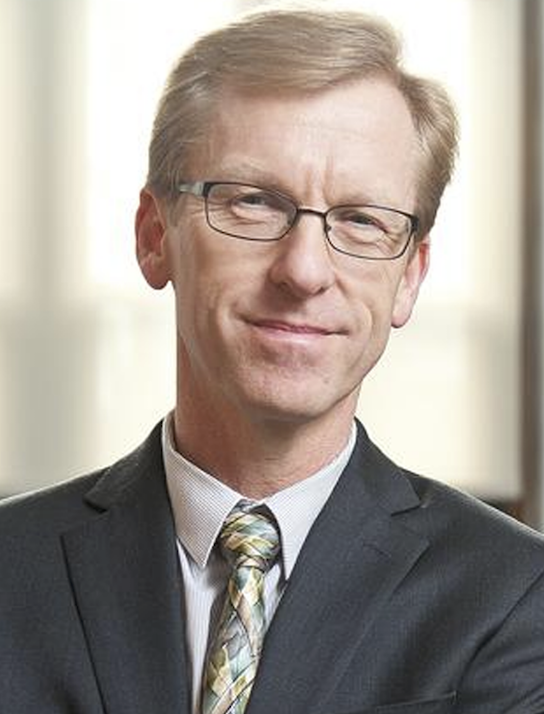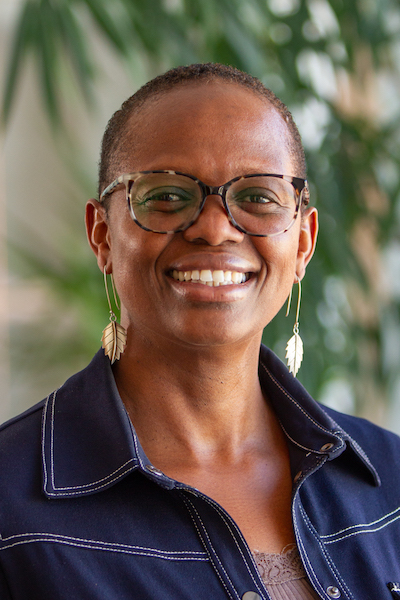Ryszard Kapuscinski’s works addressed leading development issues of the 1970s, 1980s, and (arguably to a lesser extent) the 1990s. Have the world’s development challenges changed since then? What was the biggest challenge then and what is it now?
There have been significant changes in the leading approaches to development: in the agents and agencies taking charge of it, in the theories and values guiding them, in the goals they prioritize, and in the academic analysis and journalistic commentary accompanying development work. Still, the real challenges are akin to what they were half a century ago. Billions of human beings still are at risk of undernourishment, malnutrition, communicable diseases or death from neonatal or maternal conditions. Billions still lack clean water, sanitation, shelter, electricity, basic health care or elementary education. Back in Kapuscinski’s day, the world was rich and productive enough to avoid these massive deprivations but instead chose to spend its riches on an incredibly expensive arms race, an incredibly destructive war in South East Asia and an extravagant but exciting space program. Today, with global average income some 130% higher in real terms and after spectacular advances in science and technology, humanity is even much more capable of avoiding such deprivations. But this will not happen so long as a small global elite runs this planet, capturing 46% of global wealth for its 36 million millionaires while confining humanity’s poorer half to less than 1%.
While inequality remains the key foe of development, there has been a significant shift from inequality’s international to its intra-national component. While the logarithmic distance between the poorest and richest countries has remained about the same, international Gini inequality has declined as some very large developing countries have been rapidly catching up to the global average.
For the world’s poor, this decline in international inequality has been nullified by significant increases in intra-national inequality – not merely in India and China, but pretty much everywhere in the world (least so in Latin America, where intra-national inequality was at nosebleed levels even in the 1960s). So the poorer half of the world’s population is still left behind economically, still socially and politically marginalized if not excluded. But the countries in which most of them live now command much more influence on the international stage. While the high-income countries peaked at 85% of the world economy in 1992 and have since declined to 64%, China’s share bottomed at 1.7% in 1981 and has since increased to 16%. Where developing countries had little or no influence on the design of the global economy 50 years ago, they have substantial influence today, especially where they engage in South-South collaboration (as in BRICS or IBSA). Today’s problem is that, all too often, this influence is exerted in behalf of small Southern elites rather than for the benefit of the majority – and also that the world’s poor find themselves increasingly disempowered, excluded and ignored by the politicians of their own countries.
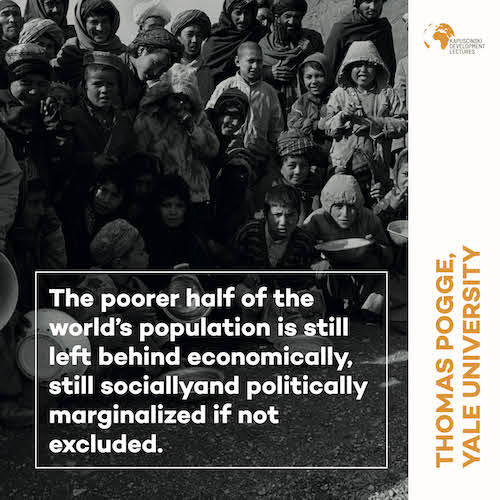
Some people dismiss sustainable development as an aspirational vision, others an unattainable fantasy, and still others see it as absolutely necessary to our future. In this age where few seem interested in working for the collective good of all, what’s your argument to convince others that it is necessary to change the way we develop?
The expression “sustainable development” brings together two different projects: to avert climate change and to eradicate poverty. These two projects are superficially at odds as is often pointed out by saying: “just imagine what the world would be like if those who are now poor attained the affluent lifestyles common in Germany, Japan or Maryland! Our planet would be ruined even faster.” This appearance is often exploited and entrenched by those who, for whatever reasons, oppose either project. They are quick to exclaim either that we should not vigorously fight climate change because doing so would impose intolerable burdens on the poor or that we should not vigorously fight poverty because doing so would accelerate environmental disaster.
I have two main arguments against such claims of tension.
First, severe poverty can be eradicated through economic growth or through a reduction in economic inequality (or through some combination of the two). Adopting the former method, we might seek a quadrupling of the gross world product, hoping that doing so would “lift all boats,” thus quadrupling the income of the world’s poor as well. Such an anti-poverty strategy would court ecological disaster. But then the horrendous magnitude of accumulated inequality makes it possible for us to adopt the latter method instead: to make enormous progress against poverty even without any further global economic growth. We could, for example, quadruple the income of humanity’s poorer half (from 4.5% to 18% of gross world product) by shrinking the income share of the richest quarter by merely one sixth (from 85% to 71%). To be sure, the fourfold income increase in humanity’s poorer half would have adverse ecological effects. But these would be largely or wholly offset by the ecological benefits of reduced income in the richest quarter (fewer private planes and yachts, reduced air travel, smaller cars, less waste of consumption goods, etc.).
Second, as longitudinal and cross-country studies spectacularly confirm, poverty eradication has a massive negative effect on total fertility rates (average children per woman), especially when it comes with improved educational and employment opportunities for women and girls. Some poor populations in Africa – Niger, Angola, Mali – still have TFRs over 6, while the EU’s TFR is 1.58 and TFRs in more than 100 mostly affluent countries have fallen below 2.00 (implying that their populations will decline). Humanity’s future population size is one crucially important factor in humanity’s future ecological footprint. The UN Population Division currently forecasts that humankind will number between 9.6 and 13.2 billion in the year 2100 (90% probability), with pretty much all of the increase occurring in the less developed regions (mostly in Africa). With a serious anti-poverty offensive, TFRs among the currently poorest populations would fall much faster than predicted and humanity could peak at 9 billion in 2050 and return to the current 7.5 billion by century’s end. By reducing the size of the year-2100 population by one third (relative to the current median projection of 11.2 billion) and the size of later populations by even more, a serious effort against poverty could bring dramatic relief in the struggle to avert climate change, resource depletion and other ecological hazards.
The arguments I have sketched will convince those who are interested in working for the collective good of all. The rest are, I fear, hard to convince, especially if they are affluent. Rich people are above all mobile and can use golden passport programs to relocate away from areas that are vulnerable to the effects of climate change or poverty (into the US Northwest, perhaps, or into safe parts of Canada, New Zealand, Chile, Russia or South Africa). And they will rationally prefer doing so over giving up even just one sixth of their income for the sake of eradicating poverty and preserving our beautiful planet. Once they will have pulled out their investments – or even have gone short – they will care nothing about the fate of Venice, Mumbai, Rio, Cape Town, Christchurch, Miami or Bangladesh.

What area of development or Global Goal do you think sustainable development hinges on? Which one is at the core of all the others?
The fundamental problem of sustainable development is the problem of political empowerment or, to put it negatively, the problem of regulatory capture. Political power in this world has been seized by a small international elite of super-rich financiers, tycoons and politicians who, abetted by armies of well-trained accountants, lawyers and lobbyists, capture an ever-increasing share of the social product. Their fortunes and machinations are shrouded in secrecy as over a hundred secrecy jurisdictions compete to keep their assets hidden under layers of anonymous accounts, shell companies and fake trusts. Such people dominate politics in most developing countries and thereby control the basic resources on which we all depend: food, fossil fuels, metals and other minerals. They dominate politics in the United States, where the practice of bribing elected politicians through future employment or contributions to their campaigns and political action committees (PACs) is protected by the Supreme Court. And through their exorbitant influence on national governments, they also dominate international rulemaking through treaties and conventions as well as through the associated international organizations and agencies (WTO, IMF, OECD, etc.) in charge of interpreting, refining and applying international rules.
These rich and powerful people are, for the most part, not evil, nor even ill-disposed toward the poor. But they do have a special affection for their own fortunes and therefore use their disproportional political power toward defending and increasing their own outsized shares of the social product. They do so by evading their tax obligations (even in civilized and public-spirited Scandinavia, the richest 0.01% of the population – with wealth above USD 40 million – evade about 30% of their taxes on average). They do so by deploying their financial and political power to reduce or eliminate taxes on the rich and social safety and social mobility programs for the rest of the population. And they do so by organizing and supporting elaborate propaganda efforts designed to show that things are getting better and better for ordinary people (the Gates-Pinker-Roser team) and that those in power care deeply about preserving our planet and “leaving no one behind” (the Millennium/Sustainable Development Goals exercises and the Paris Agreement).
This is not to say that the global elite acts in close coordination, as part of some grand conspiracy created and sustained at Davos or Bilderberg meetings. Political, finance and business leaders often compete, clash, even destroy one another as they seek to enhance their own power at one another’s expense. Still, the net effect of their exertions favors their shared interests over those of the vast majority of the human population who are feeling increasingly confused, helpless and demoralized, often blaming unloved minorities or themselves for their economic, social and political marginalization. Though disunited, the elites together maintain a public culture and institutional arrangements that systematically impede human development and keep billions in at a level of severe poverty that has long ago become wholly avoidable.
The democratic empowerment of these majorities is the fundamental problem of development. And a formidable problem it is! Over the last forty years, the elites have greatly increased their economic advantage over the rest, keeping billions in conditions of severe poverty where they must focus their energies on the survival of their families rather than on fighting for political reform. This increasing gap is magnified by huge advantages in education and especially in technology – such as surveillance, big data, disinformation, artificial intelligence, all of which are overwhelmingly used by and for the elites. Democratic movements exist (witness the Bernie Sanders campaign) and still have a genuine chance to win here and there. But without some important democratic victories in the near future, we will slide farther into a world of extreme inequality in which the lives of the vast majority will be blighted by poverty, marginalization and increasingly severe environmental burdens. We don’t have much time.
